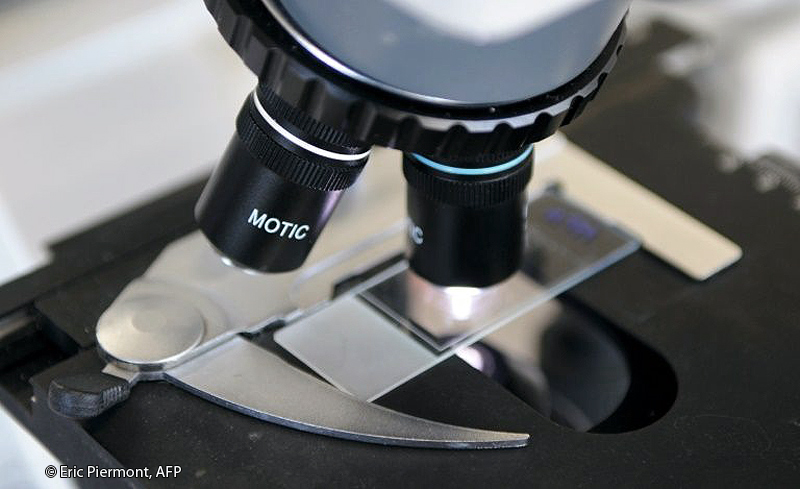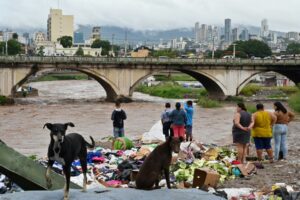Op-Ed: Fungal disease risk is the Next Big Thing in global health

CDC image: © AFP
Fungi are among the oldest organisms on Earth. They’ve survived every mass extinction, and it looks like humans have been pushing all the wrong buttons. Fungi are evolving and adapting and becoming more resistant and more infectious. Fungal pathogens are now at the serious global threat level. Fungal infections are already being said to be at pandemic levels.
This is serious enough even in theory. Fungal pathogens can affect the health of humans, animals, and crops, and remain persistent for years. There’s quite a long list of types of fungal infections with various degrees of severity. A serious fungal outbreak anywhere could be disastrous and travel easily either through natural or human carriage.
One of the numbers getting around is 3.8 million deaths per year for fungal infections. The WHO created he Fungal Priority Pathogen List in 2022. This is likely to be a very lengthy list due to the sheer scale of fungal agents in the environment.
The scope and scale of potential fungal pathogen outbreaks is infinite. Fungi are everywhere in every organic environment. There’s no getting away from them.
They’re specialists in breaking down organic matter. They reproduce in trillions of spores. Unlike viruses and bacteria, they’re super-efficient and adaptable. There’s no hit-or-miss scenario with fungi.
Policy is sputtering to life as the scope of the risks becomes more evident. A lot of verbiage is devoted to talking about the risks, but the proof has to be in actual achievements in the field.
In a less ambiguous move mycotoxin testing is now a boom area of the future with a lot more money getting plowed into the mycotoxin testing field. Fungal mutations aren’t making the testing job any easier. They’re not really new organisms as such; they’re mutated organisms, so you also need to check exactly what’s been changed.
Fungi have various tricks up their mycelia. They use enzymes to break down materials that can also cause havoc in the tissues of anything they infect. They can resist antifungal agents. Fungal toxins, aka mycotoxins, are extremely dangerous and can be fatal. The normal effect of infection is serious and often prolonged illness.

Just to add more excitement – Everyone has seen a conspicuous mold in a building at some time. Molds are ground zero for obvious possible human infections and can be pretty toxic even without mutation. There’s quite a range of mold pathogens that are part of human environments and often grow rapidly.
It doesn’t take much dot-joining to see that these molds are also an inherent potential major risk. “Sick building syndrome” means sick people in the building and is routinely associated with molds. The notorious black molds are a good basic example.
If you’re wondering what exactly can be done about serious fungal disease outbreaks, that’s exactly the problem. Unlike viruses, fungi don’t really need an infected vector to spread. They don’t need the almost-bureaucratic process of bacterial and viral reproduction, either.
They’re more like predators. They can infect opportunistically, but they don’t have to rely on infections to spread. Their diseases are more like collateral damage.
Their growth cycles aren’t as vulnerable to vaccination. Fungal growth can be triggered by humidity, or by simply not cleaning something. Old food, even leather, can be infested with fungi.
To get a visible significant volume of fungal pathogens, you need only a few spores and a bit of moisture. They’ll multiply exponentially with these few criteria.
The dusty haze in a moldy room isn’t dust. It’s their spores, in millions. You may well need those masks again.
__________________________________________________________
Disclaimer
The opinions expressed in this Op-Ed are those of the author. They do not purport to reflect the opinions or views of the Digital Journal or its members.
Op-Ed: Fungal disease risk is the Next Big Thing in global health
#OpEd #Fungal #disease #risk #Big #global #health





